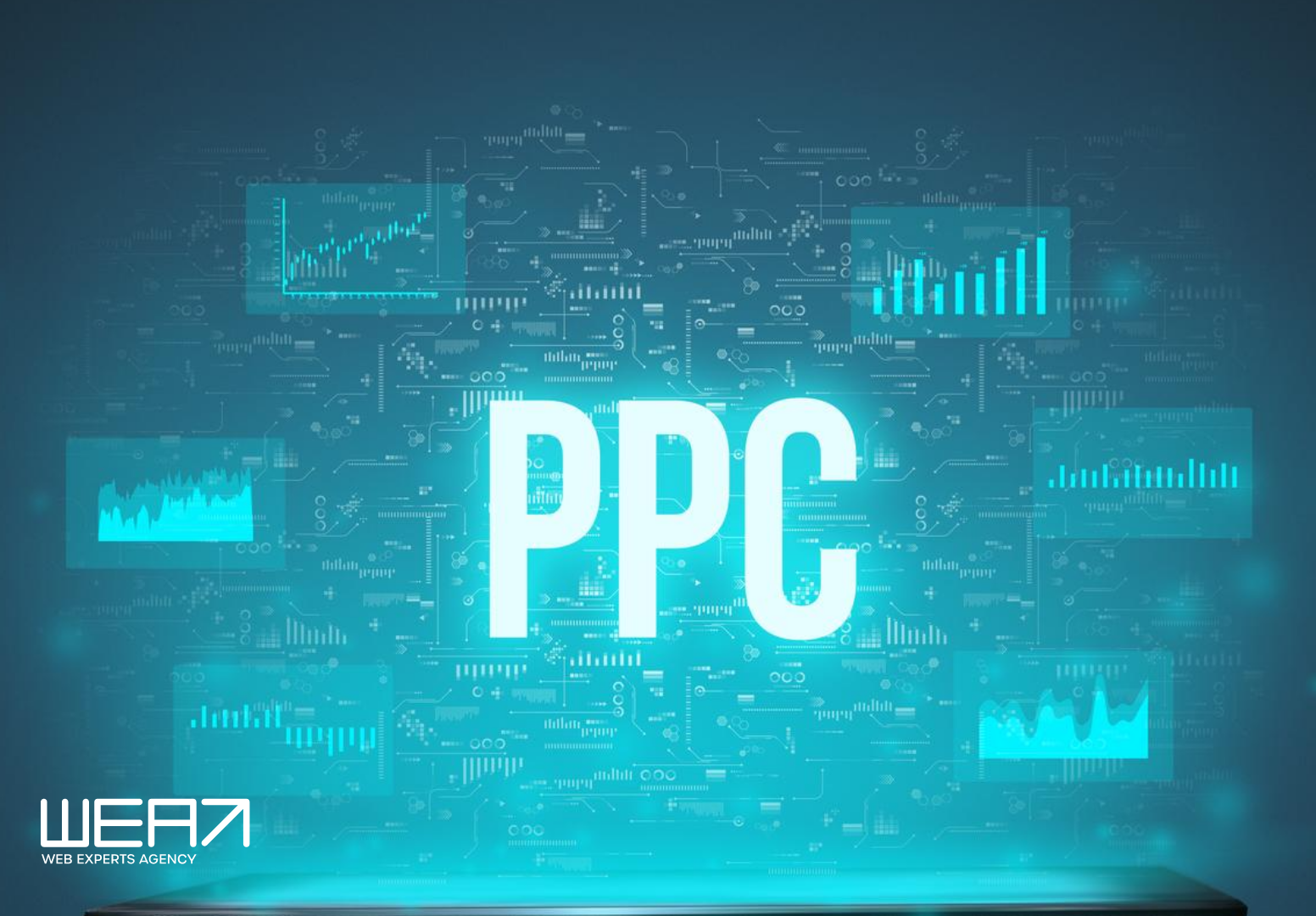
Introduction
Auditing a PPC campaign is akin to conducting a health checkup for your digital advertising efforts. It is crucial for several reasons. First, it ensures cost efficiency. You can optimize your budget by identifying areas where you might be overspending on underperforming keywords. Second, it helps in quality improvement. A well-structured, relevant campaign with high-quality ads and landing pages can lead to better results and lower costs. Furthermore, it enables you to assess performance against your goals, refine your strategy, and stay competitive in the ever-evolving digital landscape.
What is a PPC Campaign?
A PPC (Pay-Per-Click) campaign is an online advertising strategy in which advertisers pay a fee every time their ads get clicked. PPC is a way to buy visits to a website instead of attempting to “earn” the visits organically through SEO (Search Engine Optimization).
PPC campaigns are commonly associated with search engines like Google (through Google Ads) and Bing (through Microsoft Advertising). They also extend to display advertising, where ads are shown on relevant websites, and social media advertising, like Facebook Ads and Twitter Ads. They are expected to grow to about 190.5 billion U.S. dollars by 2024. Here’s how a typical PPC campaign works:
-
Ad Creation:
Advertisers create text or display ads relevant to their products or services. These ads typically include a title, description, and a link to the advertiser’s website.
-
Keyword Selection:
Advertisers choose specific keywords or phrases that trigger the display of their ads when entered in a search engine.
-
Bid Strategy:
Advertisers set a maximum bid for each keyword, the most they will pay when a user clicks on their ad. Bidding strategies vary; advertisers may bid the maximum they can afford per click or use automated bidding tools.
-
Ad Placement:
The search engine or advertising platform determines which ads to display and in what order based on the bid amount, ad relevance, and other factors. The most relevant and highest-bidding ads are typically shown at the top.

-
Payment:
Advertisers are only charged when users click on their ad, hence the name “Pay-Per-Click.” The amount they are charged is the bid amount they specified.
-
Ad Tracking and Analytics:
Advertisers monitor the performance of their PPC campaigns using tracking and analytics tools. They track metrics like click-through rate (CTR), conversion rate, cost per click (CPC), return on investment (ROI), and more.
PPC campaigns can be highly effective when managed well, as they allow advertisers to target their audience precisely, control costs, and measure the success of their advertising efforts. It’s an essential component of digital marketing for many businesses and can be particularly useful for generating leads and driving immediate website traffic.
Why should we audit our PPC Campaign?
Conducting regular audits of your PPC (Pay-Per-Click) campaign is more than a mere practice—it’s a strategic necessity in today’s digital landscape. Here’s why you should make it an essential part of your digital marketing toolkit:
Cost Efficiency:
- Auditing identifies areas where you might be overspending on underperforming keywords or ads.
- It optimizes budget allocation, ensuring you get the most out of your advertising dollars.
- Enhancing cost-efficiency can maximize your campaign’s return on investment (ROI).
Quality Improvement:
- An audit ensures your campaign components—structure, ad copy, landing pages—are organized and of high quality.
- Quality improvement results in better ad positions, lower costs, and a more satisfying user experience.
- An elevated Quality Score rewards you with improved ad positioning and cost-effectiveness.
Performance Assessment:
- Auditing allows you to gauge how your campaign is progressing against your predefined objectives and key performance indicators (KPIs).
- It provides insights to make data-driven decisions and refine strategies.
- Regular audits ensure that your PPC campaigns align with your overarching business goals.
Competitive Edge:
- It grants you insights into your competitors’ strategies.
- You stay ahead in the ever-evolving digital advertising landscape by identifying areas where you can outperform competitors.
- Continuous monitoring, evaluation, and optimization ensure you keep up and outshine the competition.

With cost-efficiency, quality enhancement, performance assessment, and a competitive edge, regular audits are the pillars of a thriving and effective digital advertising strategy.
How can we audit our PPC Campaign?
Conducting a PPC (Pay-Per-Click) campaign audit is a systematic process designed to ensure the effectiveness of your digital advertising efforts. To execute this efficiently, follow these steps:
- Start by reviewing your targeted keywords. Focus on identifying high-performing keywords and removing underperforming ones from your list.
- Evaluate the quality and relevance of your ad copy and ad extensions. Ensure that your messaging aligns with your keywords.
- Analyze the quality of your landing pages. They should seamlessly align with your ad copy and provide an exceptional user experience.
- Examine your budget allocation and bidding strategy. Ensure your spending aligns with your campaign objectives and that you’re bidding optimally for your target keywords.
- Assess the performance of your ads, focusing on key metrics like CTR, conversion rate, etc. Identify underperforming ads and make necessary improvements.
- Keep an eye on your Quality Score for keywords, as it directly impacts costs and ad positions—work on enhancing Quality Scores through keyword optimization and relevant ad copy.
- Verify the accuracy of your conversion tracking setup to measure your PPC campaigns’ ROI effectively.
- Analyze the campaign’s performance on different devices and locations. Adjust your targeting settings to emphasize areas and devices delivering the best results.
- Evaluate your competitors’ strategies to identify opportunities for differentiation and competitive advantage.
- Remember that auditing and optimizing your PPC campaign is an ongoing process. Regularly monitor and adjust your campaigns to meet your objectives effectively.

By following these streamlined steps, you can efficiently audit your PPC campaign, identify areas for improvement, and ensure your advertising efforts align with your business objectives in the dynamic world of digital marketing.
What are the Metrics for Success of a PPC Campaign Audit?
Assessing the success of a PPC campaign audit hinges on key performance indicators (KPIs). These metrics are the litmus test for measuring the effectiveness of your audit. Here are the primary metrics that underscore the achievement of a PPC campaign audit:
-
Return on Investment (ROI):
At the heart of every PPC campaign audit is the ultimate measure of success—ROI. The typical return on investment (ROI) for Google Ads stands impressively at 200%. It gauges the profitability of your advertising endeavors by comparing revenue to the costs incurred. A positive ROI signifies a victorious campaign.
-
Conversion Rate:
The conversion rate is a pivotal metric, signifying the percentage of users who take the desired actions—such as purchasing or filling out a form. A higher conversion rate suggests the campaign is effectively driving user actions.
-
Click-Through Rate (CTR):
CTR reflects the appeal of your ad by quantifying the ratio of clicks to impressions. A high CTR signifies ad relevance and persuasiveness.
-
Quality Score:
Quality Score, assigned by search engines like Google, assesses keyword, ad copy, and landing page quality. A higher Quality Score can lead to better ad positions and cost savings.
-
Cost Per Click (CPC):
CPC calculates the average cost incurred for each click on your ads. In the e-commerce sector, Google’s average cost per click (CPC) amounts to $1.16. Lower CPC often translates into more cost-effective advertising campaigns.
-
Ad Position:
Ad position in search engine results is crucial. A higher ad position usually means better visibility and potentially greater performance.
-
Ad Spend:
Ad spend quantifies the financial resources allocated to your campaigns. Auditing ensures the budget is effectively employed and aligns with your overall campaign goals.
-
Impression Share:
Impression share measures the percentage of available impressions your ads receive concerning the total possible impressions. It conveys the frequency with which your ads are displayed.
-
Keyword Performance:
Assess the effectiveness of individual keywords based on metrics like CTR, conversion rate, and Quality Score. Identify top performers for optimization.
-
Ad Copy Performance:
Evaluate ad copy performance, emphasizing metrics like CTR and conversion rate. It underscores the significance of compelling ad text.
-
Landing Page Conversion Rate:
Landing page conversion rate gauges the effectiveness of your landing pages in persuading users to take action. High conversion rates reflect impactful landing pages.
-
Device and Geographic Performance:
Analyze campaign performance across different devices and geographic regions. Make adjustments to target areas and devices delivering the best results.
-
Competitive Analysis:
Evaluate competitors’ strategies, ad positions, and overall performance. Gain insights into where you can gain a competitive edge.
-
Ad Extensions Performance:
Review the impact of ad extensions like site links and callouts. Ensure they enhance your ad’s appeal and contribute to higher CTR.
-
Budget Efficiency:
Optimize your budget allocation to ensure you’re not overspending in underperforming areas while underspending where you could achieve better results. In essence, the success of a PPC campaign audit hinges on mastering these key metrics. They serve as your guideposts, facilitating data-driven decisions and continual campaign improvement in the dynamic realm of digital advertising.
Conclusion
In digital marketing, PPC campaigns are essential for steering precise traffic and accomplishing distinct business goals. Yet, consistent auditing is indispensable to secure the triumph of your PPC endeavors. By evaluating diverse campaign elements and prioritizing pertinent metrics, you can streamline your campaigns, manage costs, and, ultimately, attain superior outcomes. Amid the dynamic digital landscape, auditing is your guiding compass, ensuring that your PPC strategies remain on course and that you extract the maximum value from your advertising investments.
FAQs
Q. What are the most common mistakes to avoid in PPC campaigns?
A. Common mistakes include neglecting negative keywords, overlooking ad testing, and disregarding ad extensions. These can hurt campaign performance.
Q. Are there specific industries or businesses that benefit more from PPC advertising?
A. PPC is versatile but often suits industries with high competition, such as e-commerce, legal services, and healthcare.
Q. How can I set an effective budget for my PPC campaigns?
A. Determine your budget by considering your industry’s goals, competition, and the keywords’ cost-per-click. Test and adjust as needed.




